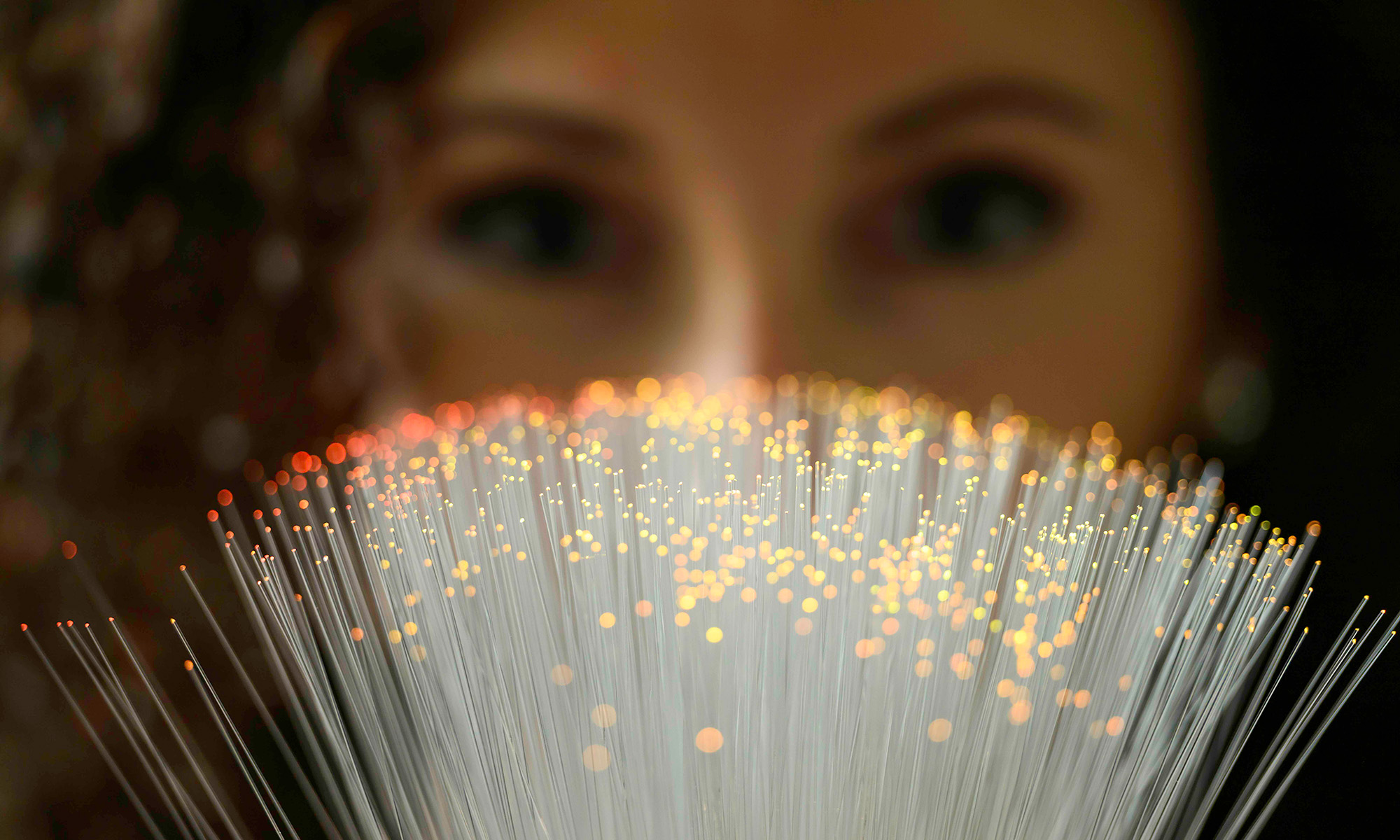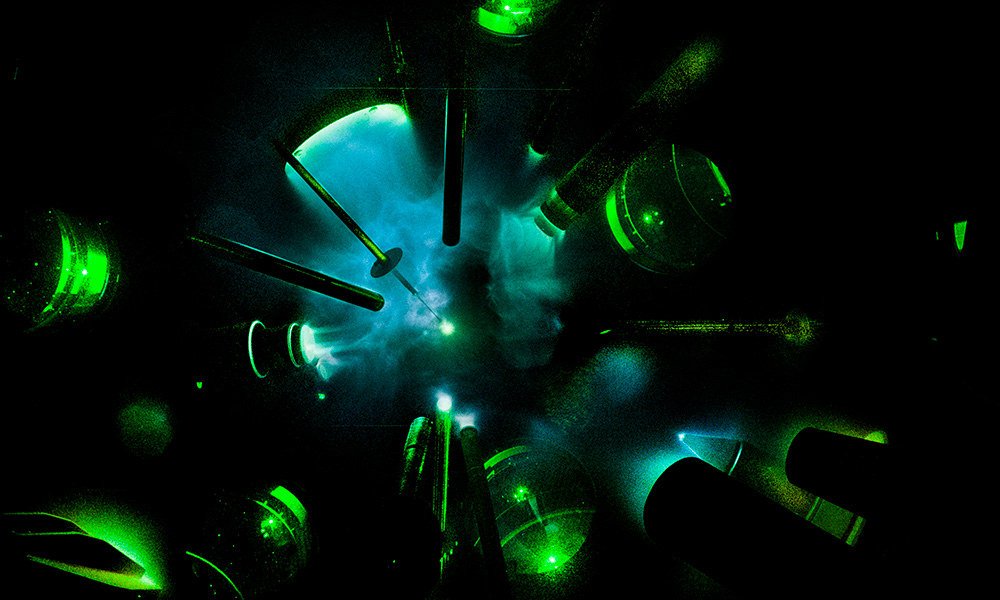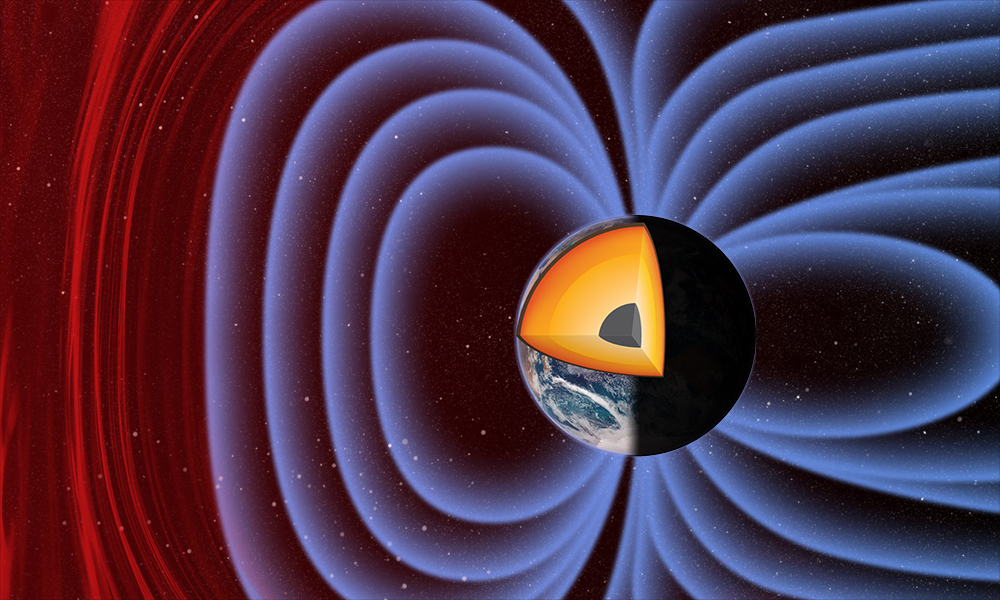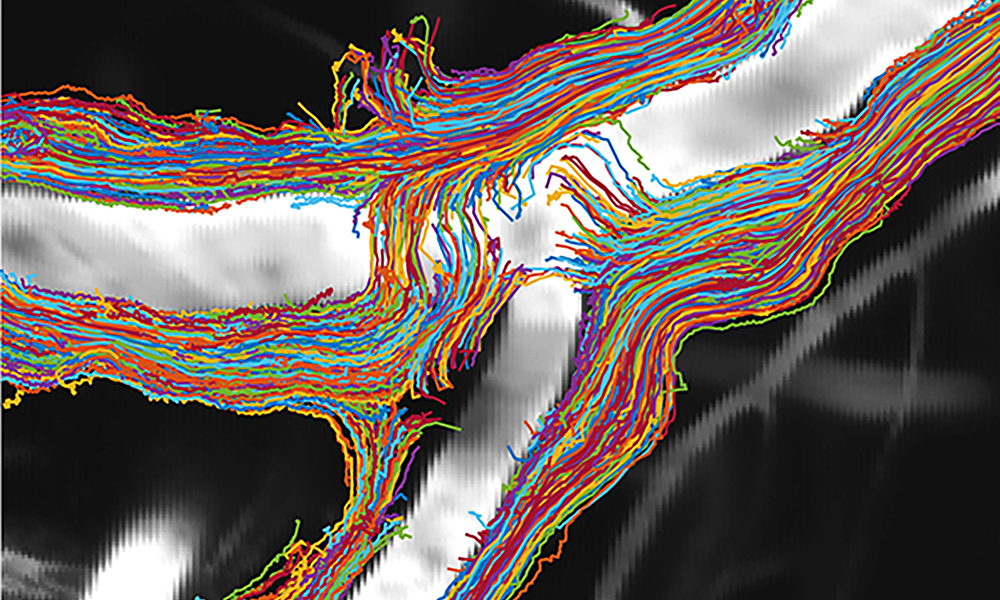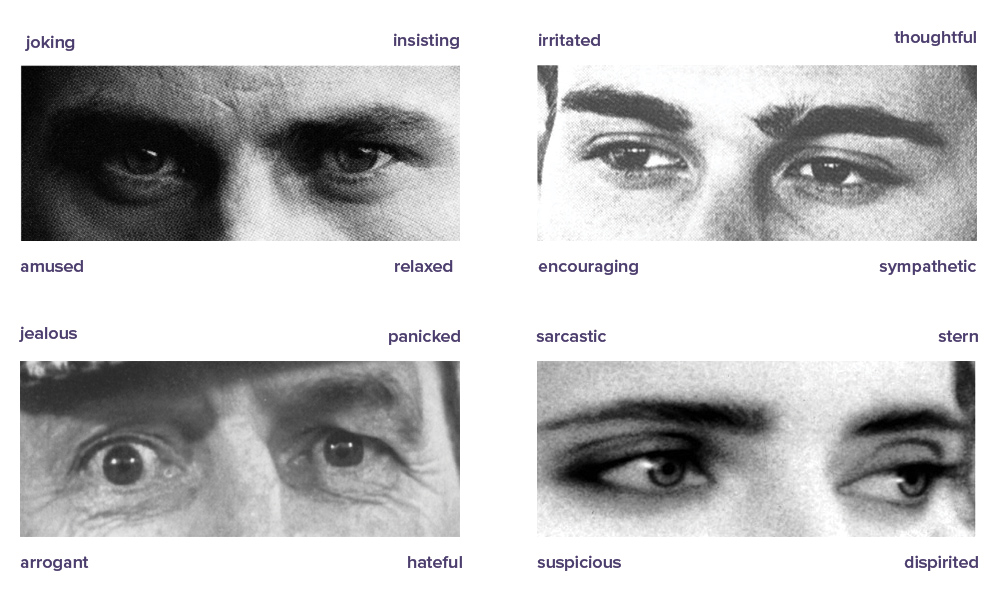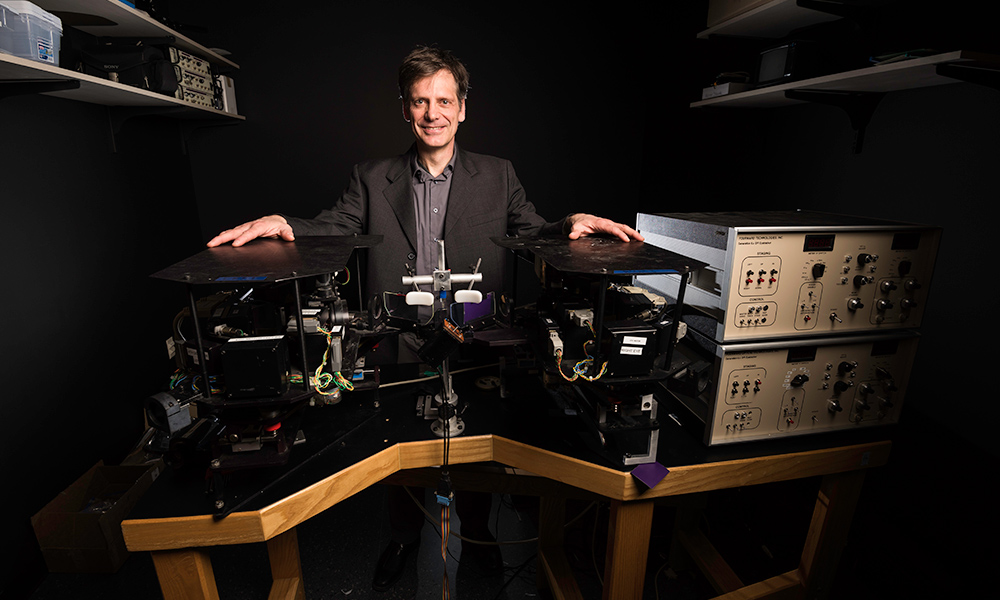
Society & Culture
When parenting teens, keep calm and don’t carry on
February 19, 2019
In a new study, Rochester psychologists found that mothers and fathers who were less capable of dampening down their anger are more likely to resort to harsh discipline aimed at their teens, and that fathers in particular were not as good at considering alternative explanations for their teens' behavior.

